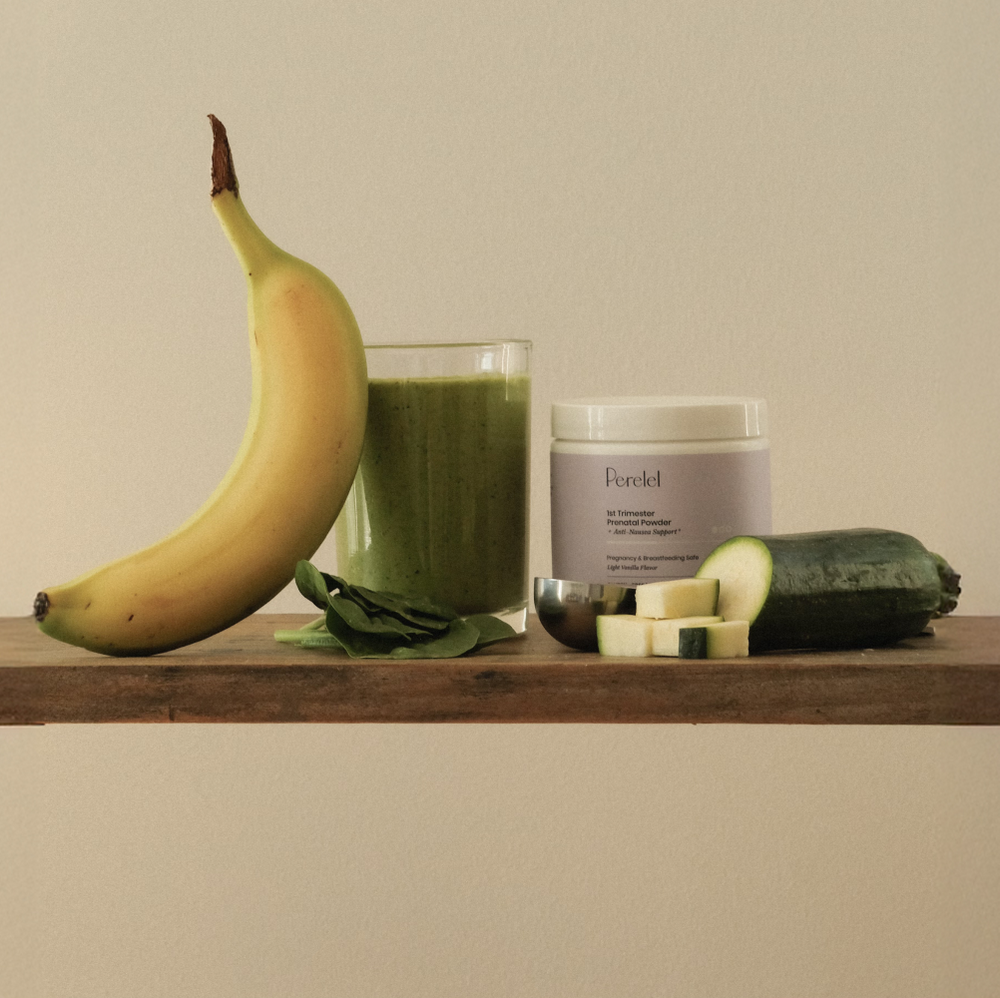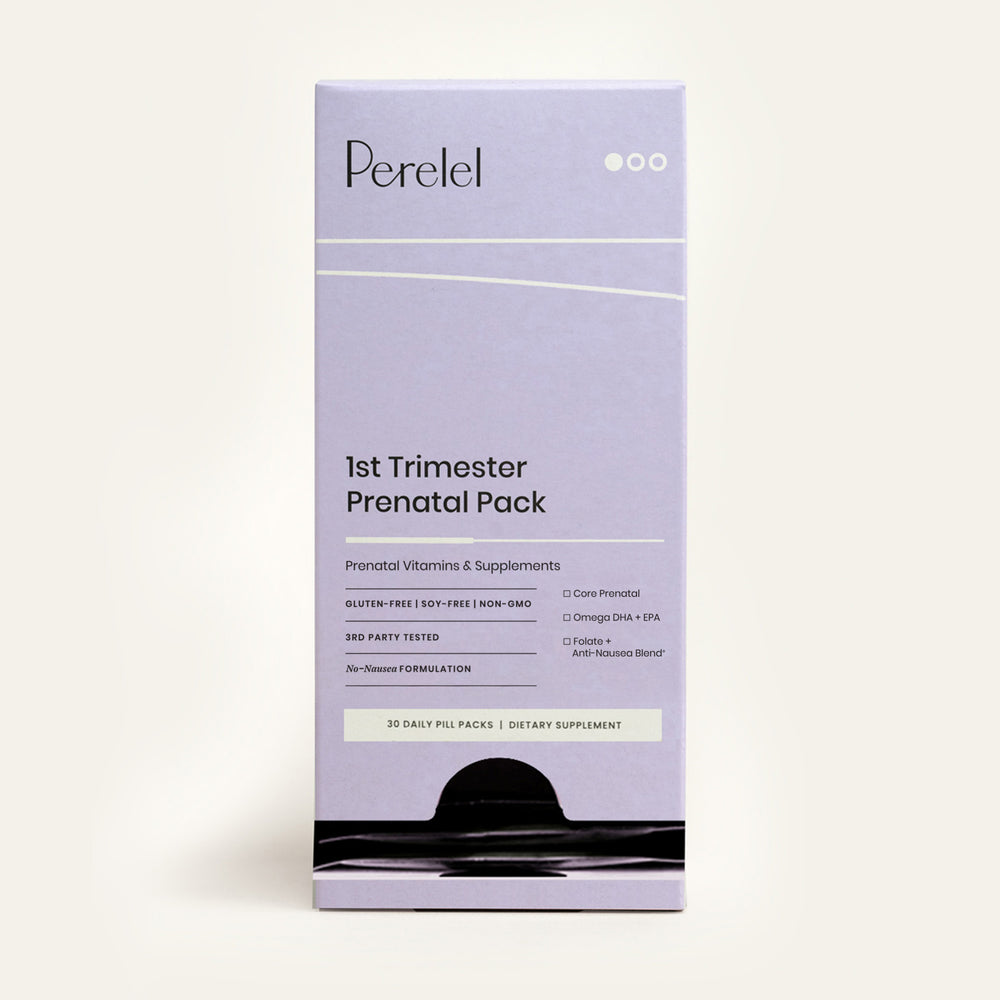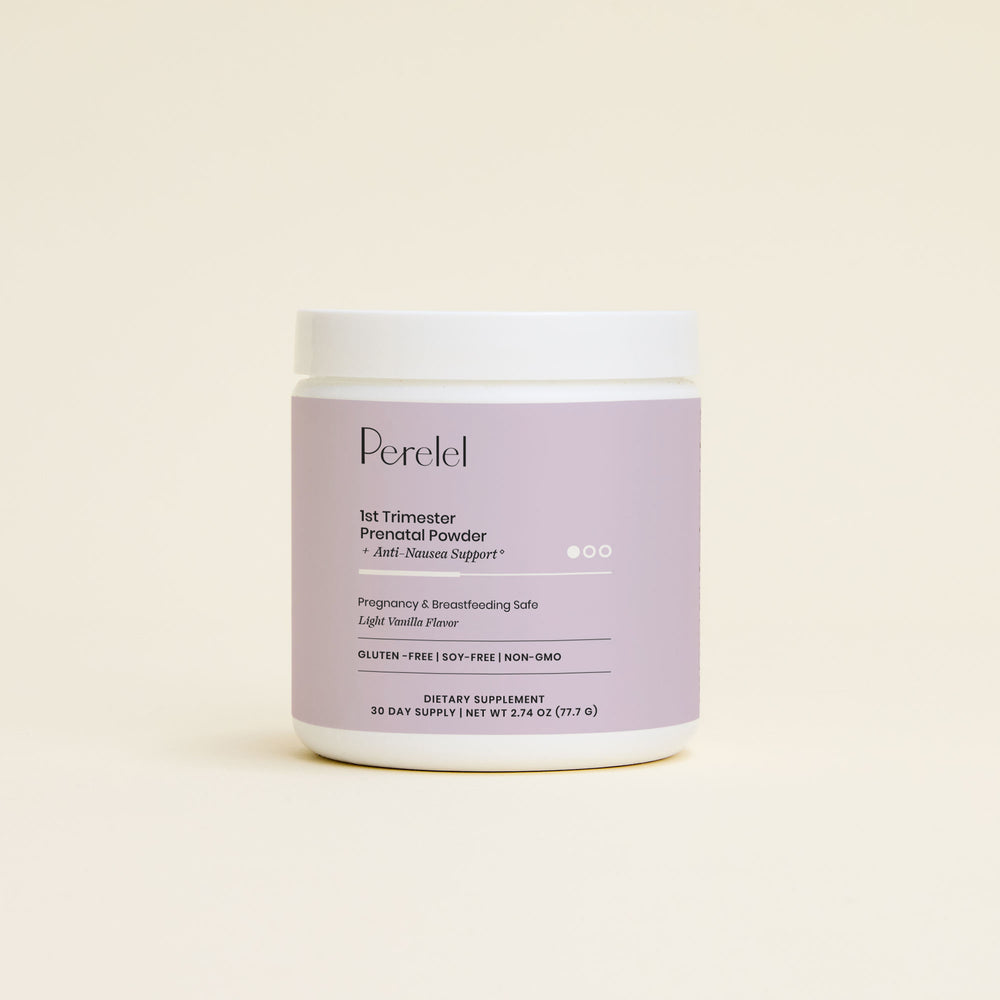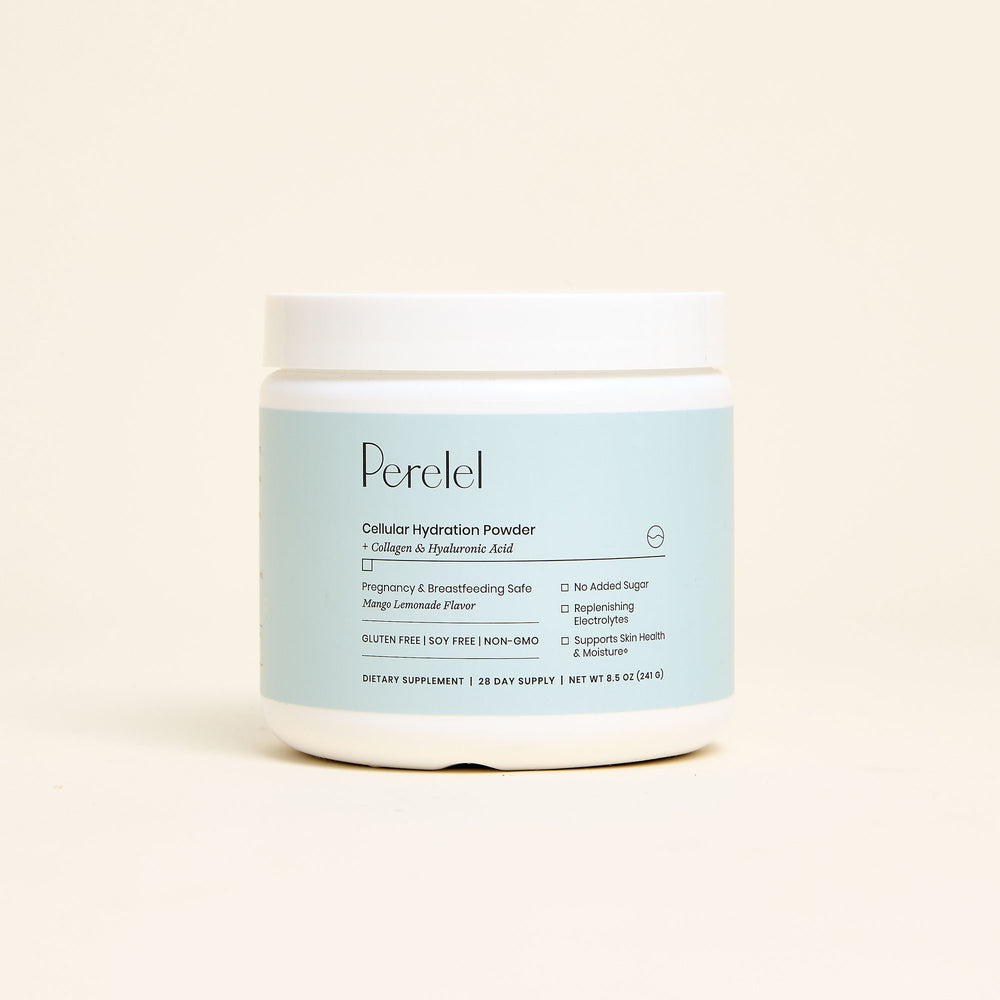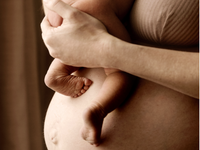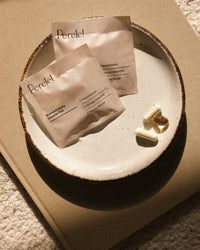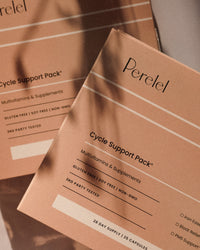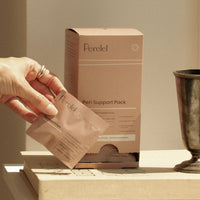You’re now two months in—and Week 8 marks both a breakthrough and a deep, sometimes disorienting shift. You may be feeling the reality of pregnancy in ways both subtle and intense. Let’s walk through this pivotal week, holding space for your emotions, honoring your body’s labor, and welcoming the incredible growth unfurling within.
How You’re Feeling at 8 Weeks
This week, the early symptoms of pregnancy may peak—yet this also signals your body is adapting at breathtaking speed:
-
Morning sickness in full swing. Nausea and food aversions may be at their strongest now. Hormones like hCG and progesterone are surging, anchoring your pregnancy but often unleashing queasiness. Small, frequent meals—think crackers, toast, or gentle soups—can help soothe your stomach.
-
Fatigue and emotional tides. Between hormone shifts and your body building tiny systems, exhaustion is expected. Mood swings may flow freely—tears, elation, or overwhelm are all part of this phase. Be tender with yourself.
-
Cramping and bloating. Mild twinges or spotting might surface as your uterus and ligaments adjust. Expect queasiness, constipation, or abdominal fullness. Hydration and light movement—like stretching or gentle walking—can ease these changes.
-
Belly and physical presence. Though many aren’t visibly “showing” yet, you may feel bloated or sense a change in your silhouette. It’s a gentle reminder: life is unfolding inside.
Shop the Article:
What’s New With Your Baby
Your embryo is growing at warp speed—and Week 8 is rich with milestones:
-
At 8 weeks, embryo is now approximately 0.63 inches (about the size of a raspberry or Polly Pocket), and weighing about 0.04 ounces—but growing roughly a millimeter each day.
-
At the 8-week milestone, muscles and joints are forming. While you won't feel it yet, ultrasounds can reveal tiny twitches and arm-leg kicks.
-
The upper lip, nose, and eyelids are visible; ears and limbs are growing more defined. Your baby is beginning to look like a miniature version of themselves.
-
All major organs—and the placenta—are evolving. It’s the critical period when the body’s foundational systems are assembled.
Your Week 8 To-Do List
1. Schedule or attend your 8-week check-up
If you haven’t already, book your first prenatal visit. This appointment may include an ultrasound to check for cardiac activity—a reassuring milestone. Let your provider guide your next steps with warmth and clarity.
2. Take your supplements
Making sure that your baby has the nutrients it needs to grow and develop is important. And as you progress through your pregnancy, the nutrients your baby needs to grow and develop will change—which is why it’s so important to take supplements designed for the stage of pregnancy you’re currently in.
Which, in your 1st trimester, means supplements formulated to support you and your baby during the earliest weeks of development—like Perelel’s 1st Trimester Prenatal Pack.
Developed by a team of leading OB/GYNs, this vitamin pack contains the foundational supplements you need for optimal nutrition in your first trimester—including a prenatal vitamin with methylated folate, gentle iron, B6 + ginger, choline, iodine, vitamin D, and omega-3s (DHA + EPA).
Perelel’s 1st Trimester Prenatal Pack:
-
Supports healthy neural tube formation (methylated folate)
-
Helps ease morning sickness and queasiness (B6 + ginger)
-
Builds your expanding blood supply and steady energy (gentle iron)
-
Supports early brain, eye, and nervous system development (DHA + choline)
-
Provides stage-specific, doctor-formulated nutrition for you and baby
If supplements aren’t a part of your routine yet, the first trimester is the perfect time to start—so make sure to check “try Perelel’s 1st Trimester Prenatal Pack” off your pregnancy to-do list.
3. Embrace gentle movement
Your body is adapting to monumental changes—light stretching, walking, or pregnancy-approved yoga movements can aid circulation and ease muscle tension.
4. Support digestion
Constant bloating or constipation? Hydrate often, consider warm beverages, and gently nudge digestion with fiber-rich foods if tolerated. Ginger or Prenatal Powder (if you’re using it) can offer additional relief—a Perelel tried-and-true.
5. Prioritize emotional self-care
Let yourself rest: breathe, journal, or create soft rituals (like a few minutes of deep breathing or quiet music). These small pauses carry immense nurturing power—for both you and your baby.
6. Be vigilant—but gentle—about symptoms
Cramping, spotting, or nausea are common—but if any symptoms feel sharp, persistent, or paired with heavy bleeding or fever, reach out to your provider promptly.
7. Begin mindful bonding rituals
Your baby is moving, growing, and listening—even if you can’t feel it yet. Try holding a hand to your belly, whispering affirmations, or taking a long, concluding breath of connection.
Looking Ahead
In Week 9, you’ll step deeper into growth. Nausea might stay strong—or begin to taper. Your baby’s body will continue rapidly forming bones and features. Bump visibility may start shifting. For now, you’re building the foundations—with resilience, grace, and trust in this body’s sacred work.
References:
-
American Pregnancy Association. 8 Weeks Pregnant: Week-by-Week Guide. American Pregnancy Association, 2025.
-
Babylist. 8 Weeks Pregnant: Baby Development & Symptoms. Babylist, 2025.
-
The Bump. 8 Weeks Pregnant: Baby Development, Symptoms & Tips. The Bump, 2025.
-
What to Expect. Week 8 of Pregnancy. What to Expect, 2025.
This article is for informational purposes only. It is not, nor is it intended to be, a substitute for professional medical advice, diagnosis, or treatment and we recommend that you always consult with your healthcare provider. To the extent that this article features the advice of physicians or medical practitioners, the views expressed are the views of the cited expert and do not necessarily represent the views of Perelel.

